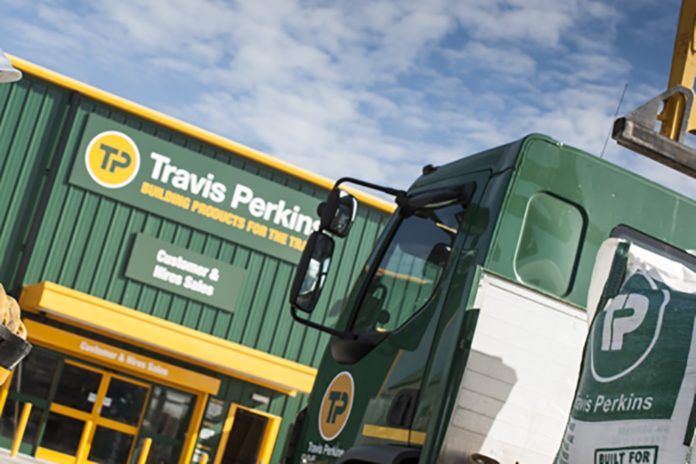Materials supplier Travis Perkins has been approved as one of the government’s official Kickstart employers, and will provide 800 work placements for young, unemployed 16-to-24-year olds.
The company said it will deliver this new programme in-house, and sees the placements, which are initially six-months long, as a great source for developing its pipeline of colleagues, and an opportunity to build a more diverse workforce.
The government’s £2 billion Kickstart Scheme provides funding to new job placements for 16-to-24-year olds on Universal Credit who are at risk of long-term unemployment.
There will also be extra funding to support young people to build their experience and help them move into sustained employment after they have completed their Kickstart funded job.
Kickstarter employees will be working in roles across several areas at Travis Perkins, such as in the yards, warehouses, branches, tool hire, administration, and stock management.
In addition to practical skills, the comprehensive training schedule across the Travis Perkins’ businesses will include health and safety training and employability to cover CV writing and interview preparation.
Candidates will also be supported by a dedicated Kickstart coach via online webinars and virtual one-to-one sessions, to help ensure robust readiness for long term employment.
All Kickstarters at the group will also be eligible and considered for apprenticeships and new vacancies across the businesses, at the appropriate point of their placement and work experience.
Nick Roberts, chief executive officer of Travis Perkins, said: “This year we have confronted unprecedented challenges in the face of a pandemic. The impact has been especially severe on those many young people who require further experience and qualifications, and may now find it more difficult to get a job in an even more competitive market.
“We hope this will provide those particularly at risk of longer-term unemployment with the skills and experience they need to be better equipped for the job market in future. We see these placements as a way to ensure young people feel valued and invested in, and a way to help them build their confidence about longer term job opportunities within our own group, or elsewhere, given the skills shortages our industry faces longer term.”




